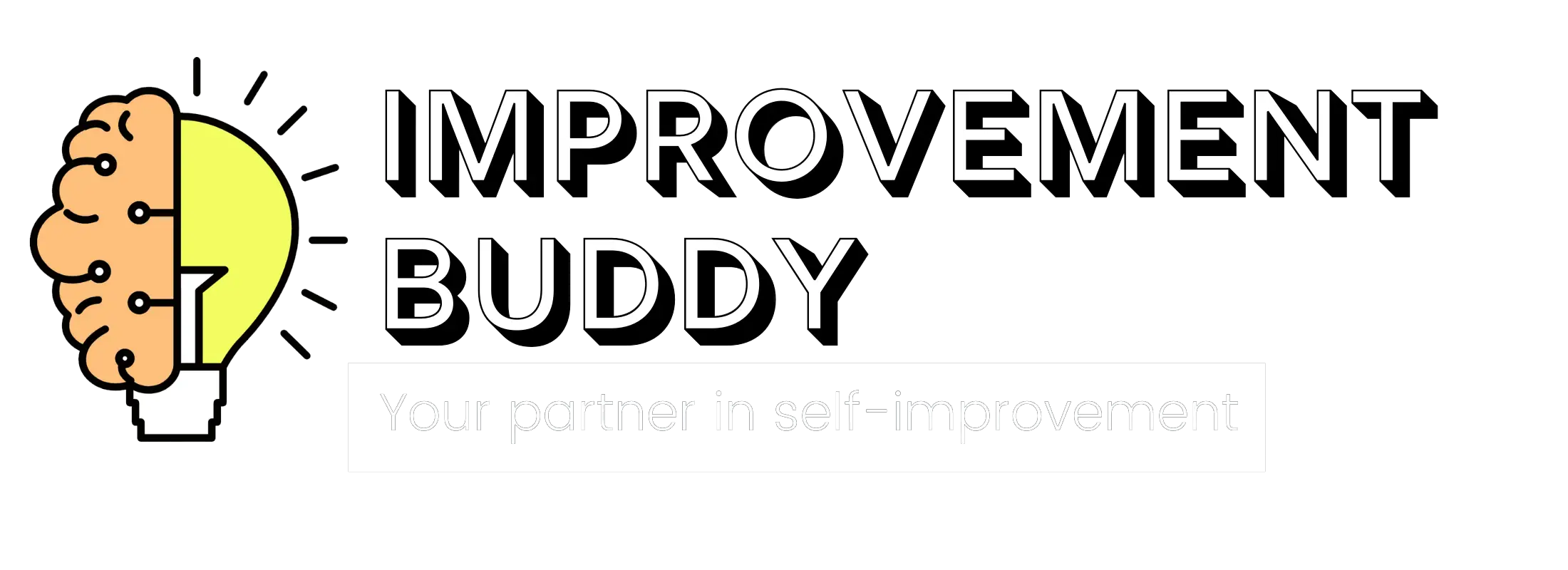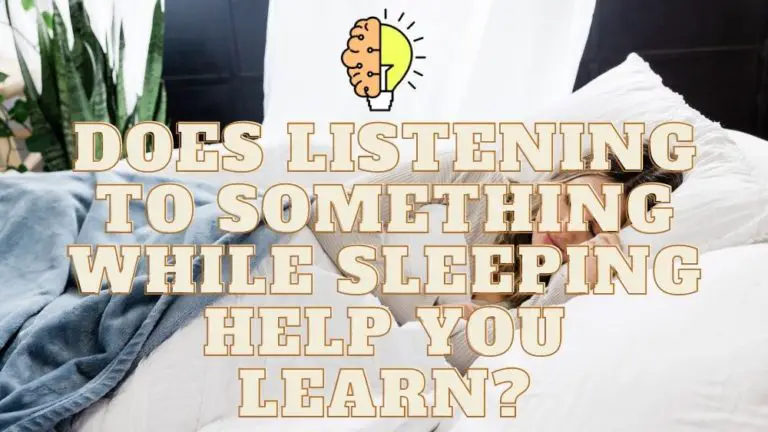Is Listening To a Book as Good as Reading It?

This post contains affiliate links.
Since audiobooks became popular, I have been using them as a method of learning. And as much as I hate to admit it, I might be relying on them too much. However, one has to ask, is listening to audiobooks just as good as reading books?
In general, most audiobooks are just as good as reading books. However, the type of book you listen to matters. Listening to textbooks and science books, for example, are not as good as reading them. You must find the appropriate book to listen to in order to get the most out of audiobooks.
Ahead, we’ll talk about the pros and cons of reading and listening to books, what science says about audiobooks, and how to get the most out of audiobooks. I’ll also share with you my personal experience with them as well as give you a list of the type of books that are good to listen to.
Pros & Cons of Reading Books And Listening To Audiobooks
Reading books and listening to audiobooks are two of the most common ways we consume information and both learning methods have pros and cons.
Books
Books are generally better for retaining information. You can take notes, highlight, take a pick, or return to a certain page whenever you need to reference.
In addition, books are very easy to come back to whenever you need to recall the information you just read.
However, books take more time and effort compared to audiobooks.
When reading, you have to block out a portion of your day just to sit there and read without getting anything else done.
And with the overwhelming amount of great books coming out, you might be doing yourself a disservice by taking too much time to read a single book when you could have listened to 3 of them by the time you finish 1 book.
I love reading and I always put it on my schedule, however, there are days that it seems impossible to squeeze it in.
That’s where audiobooks come in.
Audiobooks
Audiobooks are great for multitasking and consuming loads of information without totally blocking time for it.
You can listen to your book while making the bed, doing laundry, driving to work, cooking dinner, or just about anything else that doesn’t require your full attention.
However, there are also some downsides to audiobooks. Listening to a book is not as immersive as reading it.
In other words, you might find yourself mindlessly scrolling through social media or doing something else while the book is playing in the background which is bad for learning.
You won’t be able to see diagrams that make it easier for you to understand the concepts. Books like 7 Habits of Highly Effective People are one good example of the type of book I’m talking about.
You also aren’t reading at your own pace. It takes more effort to come back and reference another chapter of the book and it’s also troublesome to come back to a certain time if you want to recall something.
In addition, maintaining focus and attention is a lot harder when you’re trying to absorb information passively or multi-tasking.
What Science Says About Audiobooks
Beth Rogowsky of the University of Pennsylvania and her colleagues conducted a study that compares listening to audiobooks, reading e-books, and doing both simultaneously to the comprehension of the readers.
They selected 91 participants ages 25 to 40 and randomly assigned them to either one of the three learning methods.
The participants read chapter 17 of the book Unbroken: A World War II Story of Survival, Resilience, and Redemption.
After going through the reading material, the participants were given a 48-item test to measure immediate comprehension and again 2-weeks after to measure the retention.
The researchers found no significant difference between the three methods.
However, the researchers wanted to point out that participants who read the e-book scored the highest in the 3 groups.
I’d also like to point out that because the researchers used e-books instead of print, the results could’ve been affected.
Studies reveal that reading on screen is inferior to reading on paper in terms of comprehension.
This may be due to the fact that you are less aware of what page you are on when reading on screens compared to a printed book, according to Daniel Willingham.
There’s just something about having the spacial awareness of where certain pieces of information are within the book that helps us comprehend more.
And because of that, we could also assume that listening to audiobooks is a lot similar to reading e-books—not having spacial awareness of where certain pieces of information are within the book.
Although I am not aware of any study directly comparing printed books and audiobooks, I think printed books will fair better in terms of comprehension.
My Personal Experience With Reading Books and Listening to Audiobooks
Since the literature is less clear about which one is actually better, let’s turn to experience.
In my personal experience, I found that it’s better to read books that are important than to listen to them.
For example, when studying for exams back when I was in college or researching something for work, books are my go-to.
I would find it very difficult to focus while listening to the audiobook version because I would constantly feel like I’m missing some important parts of it.
As a result, I would eventually turn to reading it instead because it allowed me to remember and recall more details compared with when I listened to the audiobook versions.
I can only speak for myself here, but I think there are some times when you want to be able to get the full experience of a book which you won’t be able to do when listening.
Audiobooks, on the other hand, allow me to learn a lot faster about the things that aren’t as important (as in you won’t be asked about it in exams or your report at work).
This includes my personal finance, confidence, relationships, my personal development, and other personal stuff.
I usually listen to them while I’m working out, driving, or doing other mindless tasks. In most cases, I finish a book within 3-4 days on 1.5x the regular speed.
If asked about the book, I usually am able to answer the general concept and the main teachings of the book but I’d sometimes have a hard time with the details.
But this doesn’t mean it’s impossible to get the details if you’re listening to a book instead of reading them.
There are some things you can do to get the most out of audiobooks.
How To Get The Most Out Of Audiobooks
- Do not multitask – if you really need to be able to recall information from a book you’re listening to, listen actively and do not multitask
- Take notes – taking notes is another form of active learning. In addition, this allows you to highlight some important information that you may need to look back to in the future.
- Rewind if you have to – if you think you missed something important, don’t hesitate to rewind the audiobooks
- Pause every 25-30 mins – just like with reading books, taking 5 mins break every 25-30 mins helps boost retention
- Supplement with reading – it may be helpful to pause the recording and read important sections of the book, or research diagrams mentioned in the audiobook
You don’t have to do this with every audiobook you listen to, but when the information matters, these are some tips you can implement to get the most out of audiobooks.
In addition, I would like to share with you another learning platform that I think is great for those who love to consume lots of information and just have a hobby for learning.
Blinkist summarizes nonfiction books into key insights that you can read or listen to in 15 mins. It’s a fantastic way to learn actively and take in the most helpful lessons from a book when you’re most attentive.
I usually schedule 30 mins in the morning or before bed to read 2 books summarized by blinkist.
In my experience, what I learn from reading the whole book and simply reading or listening to the 15 min version is pretty much the same in terms of picking up the main idea.
That, plus reading books and listening to audiobooks allows me to consume more information than I ever did when I was only doing one method of learning.
Types Of Books That Are Good To Listen To
This may be different for you, but I have found that the best types of books to listen to are:
- Fiction books (Most audiobooks are read by professional voice actors so you really feel raw emotions)
- History books
- Autobiographies and biographies (I love Can’t Hurt Me by David Goggins)
- Self-help books (without so many diagrams)
- Personal finance books (Just research the diagrams if there are any)
- Parenting books
You can listen to these types of books and more if you sign up for Audible, the largest audiobook platform.
And if it’s your first time signing up, you can get a 30-day free trial.
Posts you might like:
- Reading Vs. Watching Videos To Learn: Which Is better?
- Does Reading Speed Increase Naturally Over Time?
- The Science of Increasing Your IQ: Can You Get Smarter?
Final Thoughts
Ultimately, there is no right or wrong answer when it comes to whether you should read books or listen to them.
It really depends on your preferences and what you are looking to get out of the books.
If you want a fully immersive experience and be able to easily go back in forth to certain pieces of information, then reading books might be for you.
However, if you want to learn a lot faster about certain topics and be able to learn while doing something else, audiobooks might be the better option.
I would recommend, however, that you use a combination of both to learn more effectively.






